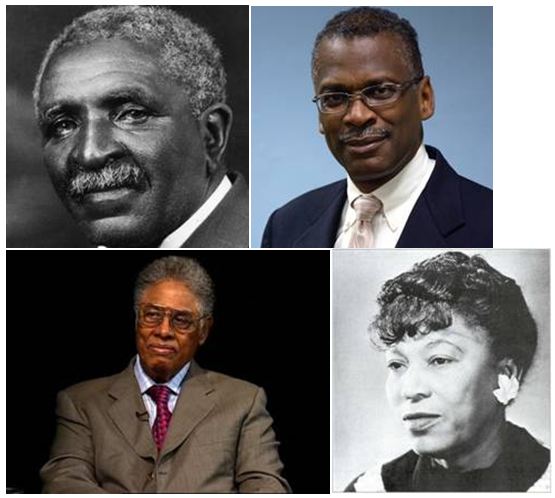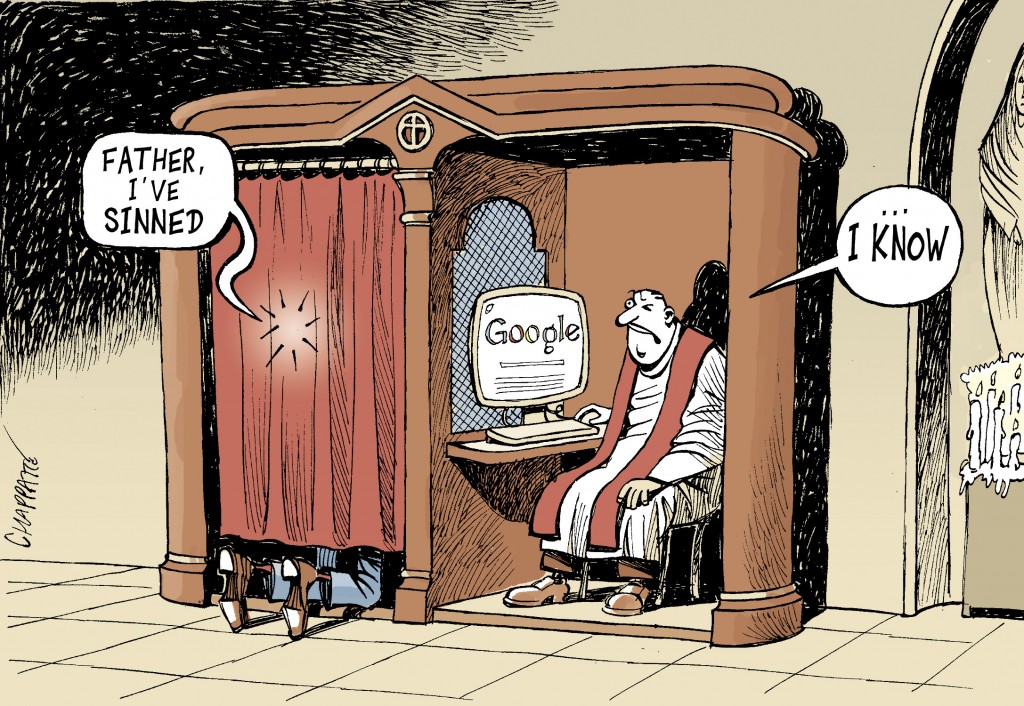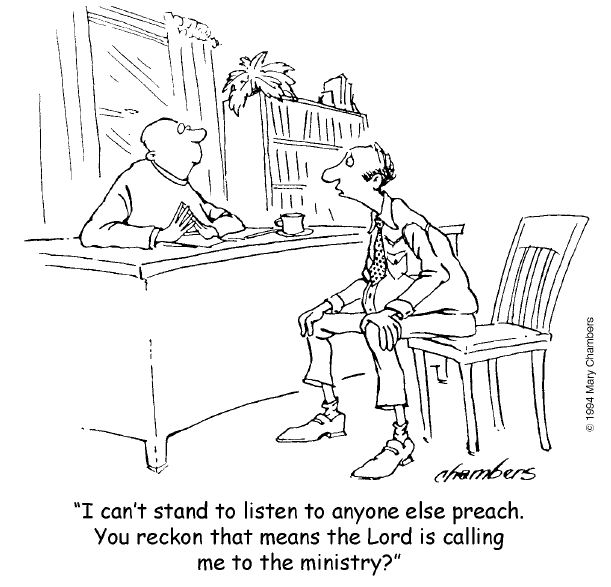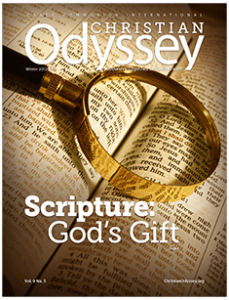Dear Brothers and Sisters in Christ,
 I encourage you to read the Mozambique prayer update linked at left, which updates us on the situation faced by our members in Northern Mozambique. Their homes have been flooded and their crops destroyed. They were already some of the poorest people in the world. I am thankful that we are able to help them come through this crisis through prayer and financial assistance.
I encourage you to read the Mozambique prayer update linked at left, which updates us on the situation faced by our members in Northern Mozambique. Their homes have been flooded and their crops destroyed. They were already some of the poorest people in the world. I am thankful that we are able to help them come through this crisis through prayer and financial assistance.
The situation in Mozambique reminds me of how much we take for granted. In the developed world, we don’t really need to pray, “Give us this day our daily bread.” Our supermarkets have great variety from which to choose. It is the same with water. Millions of people in the poorer parts of the world must pray, “Give us this day our daily water”—and then walk several miles to get it. We, on the other hand, are spoiled for choice. In the Western world, bottled water is a multi-billion dollar business. My local supermarket offers at least 12 varieties, each promising to be superior to the others. Some people argue that none of them is actually better than plain old tap water, which is one hundred times less expensive. Maybe that’s true. I don’t know.
Though I am not an expert on water, Jesus was. He not only turned water into wine, he walked on it. And in the beginning, he created it. You will remember the account in John’s Gospel, where Jesus met the Samaritan woman who was drawing water from a well. He told her he could supply her with a never-ending supply of what he called “living water.” This water was so superior that whoever drank it would never be thirsty again.
Clean drinking water was scarce in Jesus’ day, so the woman naturally asked him how she could get this exceptional water. The phrase “living water” usually meant moving, flowing water. The woman knew there was no flowing water nearby. The only water available locally was in that well. Jesus was using a play on words. He explained, “Everyone who drinks this water will be thirsty again, but whoever drinks the water I give them will never thirst. Indeed, the water I give them will become in them a spring of water welling up to eternal life” (John 4:13-14). This was a great metaphor since water is essential to life. Just as the physical body needs water to continue living so does the spirit.
When we become physically thirsty, water satisfies us. However, we are not just physical creatures. We are made in God’s image and we have a spiritual appetite, whether we recognize it or not. We can become hungry and thirsty spiritually for a restored and right relationship with God. Jesus explained that he was the source of the “spiritual water” that can quench the thirst of the spirit. By drinking the living water one can live and never thirst again.
The woman was astonished, not only by his extraordinary offer. In fact, she may not have fully understood it at the time. What astonished her was that Jesus spoke to her in the first place. She was a gentile, a woman and had a somewhat dubious reputation. She was used to being shunned by her own people. A Jewish man should have gone to great lengths to avoid her. Nevertheless, Jesus accepted her and offered hope and encouragement.
This story teaches us that Jesus offers his forgiveness to everyone. No matter how many sins one has committed, Jesus offers new life—and he offers it to all humanity. By reaching out to an outcast Samaritan woman, Jesus showed that his kingdom is for everyone from every nation, every tribe and every culture.
Our denomination is greatly blessed to be truly “international”—not just in word but in fact. I am humbled that the Holy Spirit sees us as a “safe place” to bring people looking for grace and truth. We did not go seeking several thousand members in Mozambique. They were looking for a “well” to satisfy their thirst for truly knowing and worshiping God. Right now, their need is physical as well as spiritual and so we will continue to do what we can to help them. However, let’s not forget our own backyard. Physical food and drink is not the critical need for most Western nations. But they are spiritually undernourished and in desperate need of wholesome spiritual food and clean living water.
When Jesus spoke to the Samaritan woman at the well, he opened up a whole new perspective to his ministry. His disciples were shocked to find him talking to “that kind of woman” (John 4:27). But they eventually came to understand that Jesus had a ministry to all the world—not to just a select few.
We are privileged to participate in that ministry today. Think about it next time you see the array of rather expensive “superior” bottled waters on your supermarket shelf. Remember, the best water of all is free. You just have to know where it comes from.
Your brother in Christ’s service,
Joseph Tkach




 Numbers can indeed be fascinating. Let me show you what I mean by looking at the one mathematical symbol that we probably all recognize—the Greek letter ∏. We learned in elementary school to call this symbol Pi.
Numbers can indeed be fascinating. Let me show you what I mean by looking at the one mathematical symbol that we probably all recognize—the Greek letter ∏. We learned in elementary school to call this symbol Pi.


